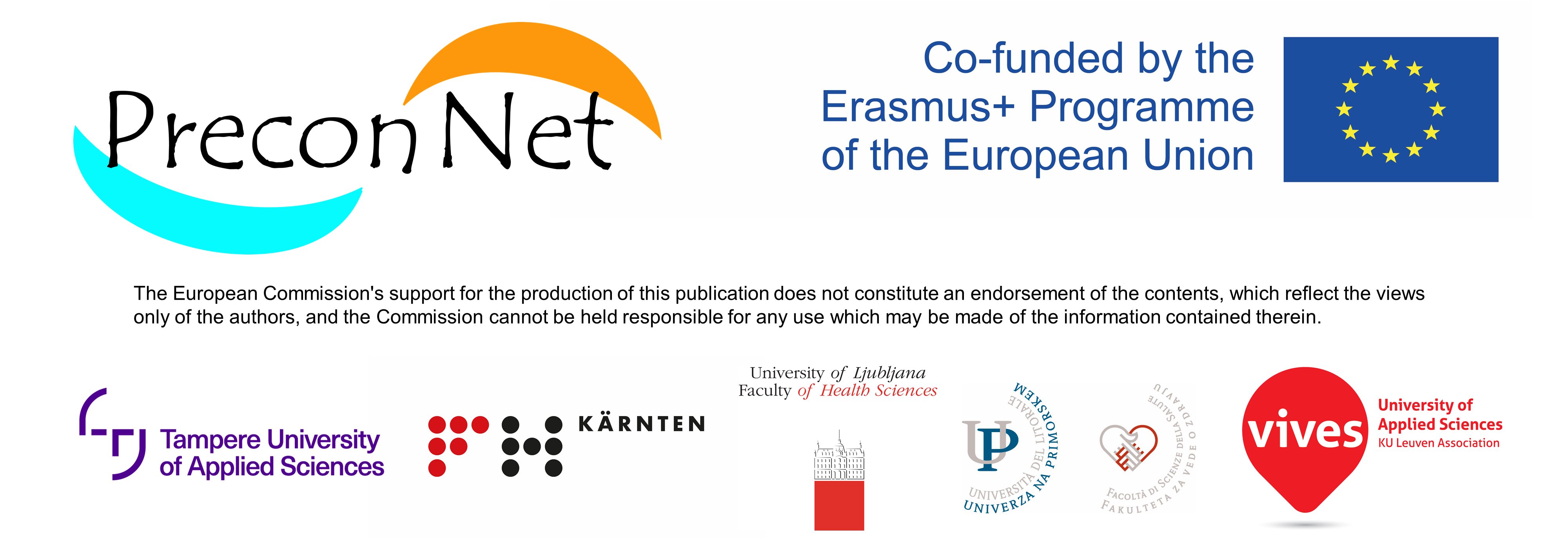Slovenian midwifery and nursing students’ knowledge and attitudes regarding fertility
In a small study among Slovenian students of the 1st and 3rd grade of nursing and midwifery, we researched their knowledge of certain risk factors for reproductive health and their attitudes towards fertility. Since they are key health professionals for raising fertility awareness, we were interested if they are equipped for their role. There were 103 respondents, 71 were nursing students and 32 were midwifery students (62% response rate).
More than three quarters of students knew the definition of infertility and all students were aware that both males and females can be infertile. 84 % of students had knowledge of menstrual cycle and fertility window. More than half of participants agreed that age over 35 years pose a risk for women’s fertility and were aware also that aging affects men’s fertility. Almost all were aware of certain lifestyle and environment risk factors for fertility, like consumption of alcohol, smoking, stress and exposure to chemicals, heavy metals and radiation, however they were less informed about some other factors that also have an impact on the reproductive health, such as BMI, intensive physical activity and certain STI’s.
Despite that they knew about the risks, their own lifestyle can be defined as risky; more than half of them consume alcohol (23% of those more than 1 unit per week), approximately one fifth of them smoke and 13% of participants reported more than 300 mg intake of caffeine per week. Some revealed consumption of other substances. One fifth of them are not physically active, while 7% practice intensive sport.
Majority of participants said that fertility and possibility to have children once in the future is important to them and despite their relative fertility awareness regarding the risk factors, they want to have more knowledge about the topic. Half of them identified their study as the most important source of knowledge about (in)fertility, however there were no significant differences in knowledge when comparing the answers of 1st and 3rd year students. Educational programs of nursing and midwifery should therefore be systematically upgraded with preconception health contents.
More should be done also to change the attitudes of young adults; if fertility would be considered a value for them, their behaviour might change. Future studies should assess also knowledge of other students; we presume that students of nursing and midwifery might be more aware of lifestyle risk for fertility that students of other disciplines.
Nuša Rogan, Vida Gönc, Ana Polona Mivšek
University of Ljubljana, Faculty of Health Sciences, Slovenia

 Previous Post
Previous Post Next Post
Next Post



